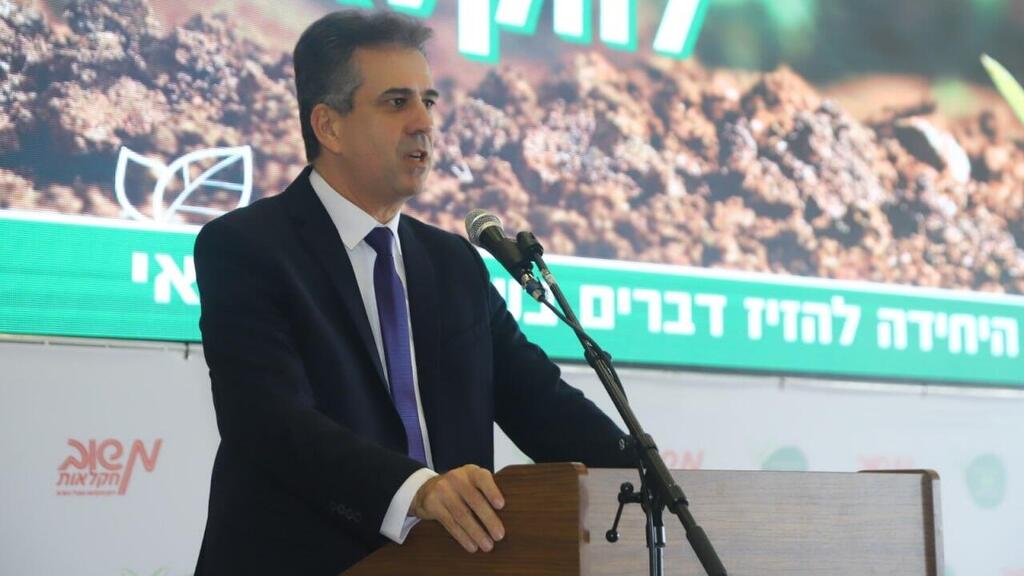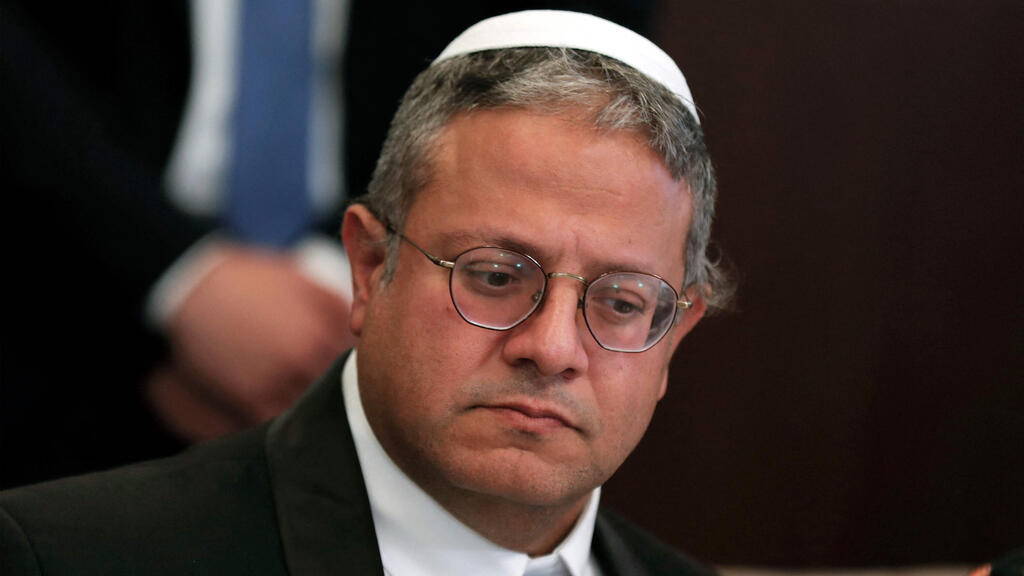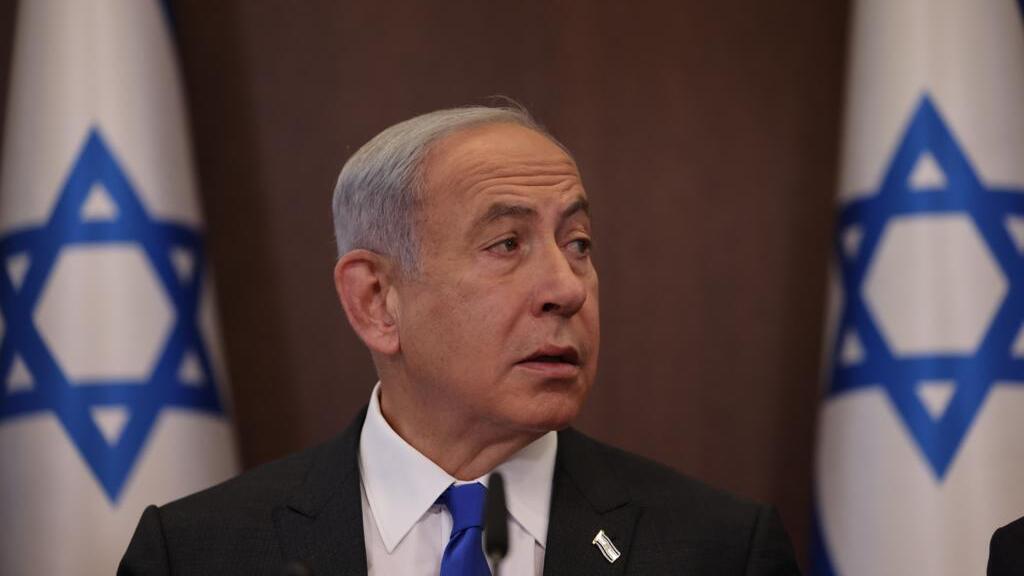Israel’s 37th government led by Prime Minister Benjamin Netanyahu launched a massive legislative blitz during its first week in office in order to do one thing: put the public’s doubts about the new government to rest.
Many Israelis doubt that the most far-right and religious government ever sworn in Israel would be able to live up to the promises its candidates made leading up to the November 1 elections. Some fears also rose about possible consequences should the coalition agreements be followed through by Netanyahu.
These fears come from the fact that this government is a novel thing in Israeli politics. Reports of such worries reached members of the coalition, who decided to differentiate themselves from previous Israeli governments from day one – leading to the blitz.
Netanyahu and his ministers test how much the Israeli public and the world are willing to let them get away with before pushing back.
Some like Finance Minister Bezalel Smotrich and Transportation Minister Miri Regev were content with only laying out their intentions without changing any policies – at least for the time being.
Responses from the opposition and some Israeli news outlets were predictably unfavorable, but not outraged. Therefore, the government realized it crossed no red lines in the public's eyes and can keep pushing the limits.
Foreign Minister Eli Cohen's announcement on a shift in Israel's policy toward the conflict in Ukraine is a testament to that.
Cohen announced soon after entering office that while Israel will continue to provide humanitarian support to Ukraine, it will no longer condemn Russia’s actions against Kyiv.
This shift in Jerusalem's foreign policy isn’t revolutionary, and it is unclear if it had been approved by Netanyahu, but it signaled to the world that the Jewish state is adopting a more pro-Russian approach. Russia praised the decision, Ukraine protested it, and the U.S. was unhappy about it. Netanyahu did not comment on Cohen's statements.
Meanwhile, National Security Minister Itamar Ben-Gvir's highly contentious visit to Temple Mount received wide condemnation in Israel and abroad.
The ultranationalist hawk argued he should be allowed to visit the site as minister just like other Jewish visitors. While he is somewhat correct, Ben-Gvir failed to address the complexity of the situation.
The issue with the Temple Mount compound, also holding the Al-Aqsa Mosque, goes back to when Israel took control of East Jerusalem in 1967. At the time, Israel’s ultra-Orthodox rabbinate renewed religious decrees saying that Jews were forbidden from being near and praying at the Temple Mount.
These decrees said that since the messiah has yet to arrive, no Jew was allowed to come close or pray at the site since it was destroyed and desecrated. These decrees, which took effect when Solomon’s Temple was destroyed by the Romans, made Jews stay away from the site even after 1967.
Jerusalem’s Islamic Wakf, seeing the Jewish reluctance to enter the Temple Mount, then began slowly taking over parts of the site, specifically around the Al-Aqsa Mosque. Later Israeli governments, who still worked under the decree, didn’t wish to confront the Waqf and possibly the rest of the Arab world by wrestling back control of the site.
Muslim sovereignty over the Temple Mount was made quasi-official when Israel agreed to give Jordan’s king custodianship over the site as part of the 1994 peace agreement between the countries.
The control of Jerusalem’s Islamic Wakf and the Hashemite Kingdom over the Temple Mount is what made today’s “Status Quo” at the site around the Al-Aqsa Mosque.
Some fringe groups calling to rebuild the Temple or offer sacrifices there allowed radical Palestinian religious leaders to paint a false image to the Islamic world whereby Israel and the Jews intend to forcefully retake the area, destroy the mosque and build a temple instead.
The combination of Jordanian and Islamic control over the Temple Mount, alongside the Palestinian warnings, allowed Islamic religious leaders to convince the world powers and the Islamic world that a visit by any Israeli official to the Temple Mount is considered a violation of the status quo and an assault on the Al-Aqsa Mosque.
Even if Jerusalem insists that the status quo wasn’t violated, Palestinian Islamic extremists have already hijacked the narrative that a visit by an Israeli official to the Temple Mount was part of the agreement from the start.
This is the reason the Second Intifada broke out in the early 2000s after Ariel Sharon visited the Temple Mount. In 2015, MK Uri Ariel's visit to the site sparked a series of Palestinian riots.
Ben-Gvir knows the stories around the Temple Mount well. He knows his actions may end in rockets flying into Israel, Palestinians rioting across the country, and damage to Israel’s standing in the region and internationally.
Nevertheless, he chose to visit the Temple Mount to garner more support and perhaps because he thinks he really can change the status quo.
Though for now, all Ben-Gvir managed to do was embarrass himself, Netanyahu, and the new government by sneaking into the compound in a bulletproof vest in the early morning hours.
Even if Palestinians have yet to riot, and Hamas and Islamic Jihad have yet to launch missiles into Israel, Ben-Gvir gave terror groups an easy victory. By acting rashly, Ben-Gvir showed that just as Hamas said, it managed to frighten the government with its threats.
But Ben-Gvir’s stunt had additional repercussions. The United Arab Emirates on Wednesday canceled Netanyahu’s trip to the country scheduled for next week due to “logistical problems.”
Additionally, nearly every regional Muslim country condemned Ben-Gvir’s visit to the Temple Mount. One can also guess Ben-Gvir’s actions didn’t contribute to normalizing ties with Saudi Arabia, while also incensing Jordanian and Egyptian officials.
The U.S. and EU responses also weren’t positive, though less harshly worded compared to their Muslim counterparts.
In conclusion, the reactions to the new government from the Israeli public, Palestinians, and world powers aren’t very positive.
But the government keeps pushing the boundaries and the upcoming battle between the government and the judicial system is looking to be a tough one. A battle that will only serve to hurt both sides and the people of Israel.







